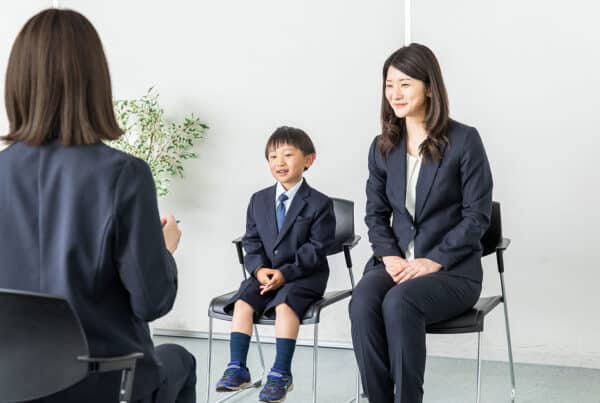Last Updated On: July 1st, 2024
Mark Montgomery is the founder of Montgomery Educational Consulting where he helps hundreds of students in the U.S. and around the world with the college selection and admissions process. He has played many roles in the field of education including Associate Dean at University of Denver, Admissions Counselor at Fort Lewis College, and instructor at Harvard. He has also taught internationally in France as a Fulbright teacher and as a professor of international relations at the Hong Kong University of Science and Technology. Learn more about Mark in this “5 Questions” interview.
1. How did Montgomery Educational Consulting start?
As a university educator and administrator, I began looking around several years ago for new opportunities to blend my experiences in advising students, my interest in teaching, and my knowledge of higher education. I spoke with a variety of classmates and friends, and several recommended that I investigate the college counseling business. I immediately realized that educational consulting was a great fit for my skills, my interests, and personality. Making this realization helps me guide young people examine themselves—their skills, interests, and personalities—to help them determine their own the right fit as they take the next step in their lives.
2. For me, what really stands out about your company is its international reach. 25% of your client base is from China, Singapore, Taiwan, Hong Kong, Mexico, Belarus, and Oman. How do these students and families find you given that you’re based in Colorado and New Jersey?
I think people searching for an educational consultant seek the sort of person who makes them comfortable. This is especially true of international families. As I have lived and worked on three continents, I can relate to people whose culture is different from my own. I am also pretty good at explaining the many ways in which the American higher education system is different from those in other countries. The admissions game is played by American rules, so it behooves international families to have an American advisor who help them can play the game with greater success. Most of my clients come to me by word of mouth, but I also give presentations in other countries to families who are contemplating an American university education for their children.
3. How has your background in international relations and experience teaching abroad affected your business and approach to college admissions?
International education was one of my specializations in graduate school, and I learned a lot about secondary and tertiary education systems around the world. This knowledge helps me to explain the enormous differences in the structure of higher education, and to help students and their families understand the American admissions process. Frankly, most Americans find the admissions process mysterious and opaque. But to those who have not grown up in the US, it can be especially baffling. Even many of my domestic clients are immigrant families who need the extra level of cultural translation necessary for their kids to prepare for admissions to selective colleges and universities.
4. What is the biggest hurdle for students applying to college, and how do you help them through this process?
I think there are two big hurdles, actually. The first is the excess of information available to students and parents today. Kids are literally bombarded with signals and messages and brochures and websites and YouTube videos, all of which scream at the student when she is least certain of her path in life, and the most susceptible to these marketing messages. What should they believe? Whom should they trust? The noise can deaden not only the senses, but can cloud good judgment.
Which leads me to the second hurdle, which is kids’ hesitation to engage in sufficient self-examination to consider what sort of education would really be the best for them. In deciding which school to attend, most people spend too much time looking outside themselves for guidance: rankings, magazine articles, friends of the family, teachers, peers, websites, guide books. But the truth is that the answer is really inside themselves—in the form of their own abilities, preferences, and ambitions. I sometimes liken this process to the Dorothy’s journey in Oz. Dorothy and her companions believe that external validation will make them whole, so they head off to see the Wizard. But as the Scarecrow, the Tinman, the Lion, and Dorothy herself each discover, they each had everything they needed to be happy and to fulfill their dreams all along—if only they had taken the time to appreciate their own internal value.
5. What changes are happening in college admissions and how are you adapting to help your clients get into their dream schools?
I think the biggest change I’m seeing is the increasing skepticism that the hefty price tags of the elite colleges and universities represent a good value in higher education. Clearly the “brand name” universities still hold quite a bit of cachet for many of my families. But as they learn about the options, and begin to apply the idea of “value shopping” to higher education, more families are warming to the idea that paying $30,000 per year for a high quality college degree is a better investment than $65,000 per year for the premium brands. Even some of my wealthiest, most ambitious families are looking for bargains. I don’t think this will have any impact on those first tier of selective colleges: they will always have plenty of consumers willing to hock the farm to get that elite education. But the drive for value may mean that many high-quality “off-brand” colleges and universities will find themselves able to be more selective than in the past.


















